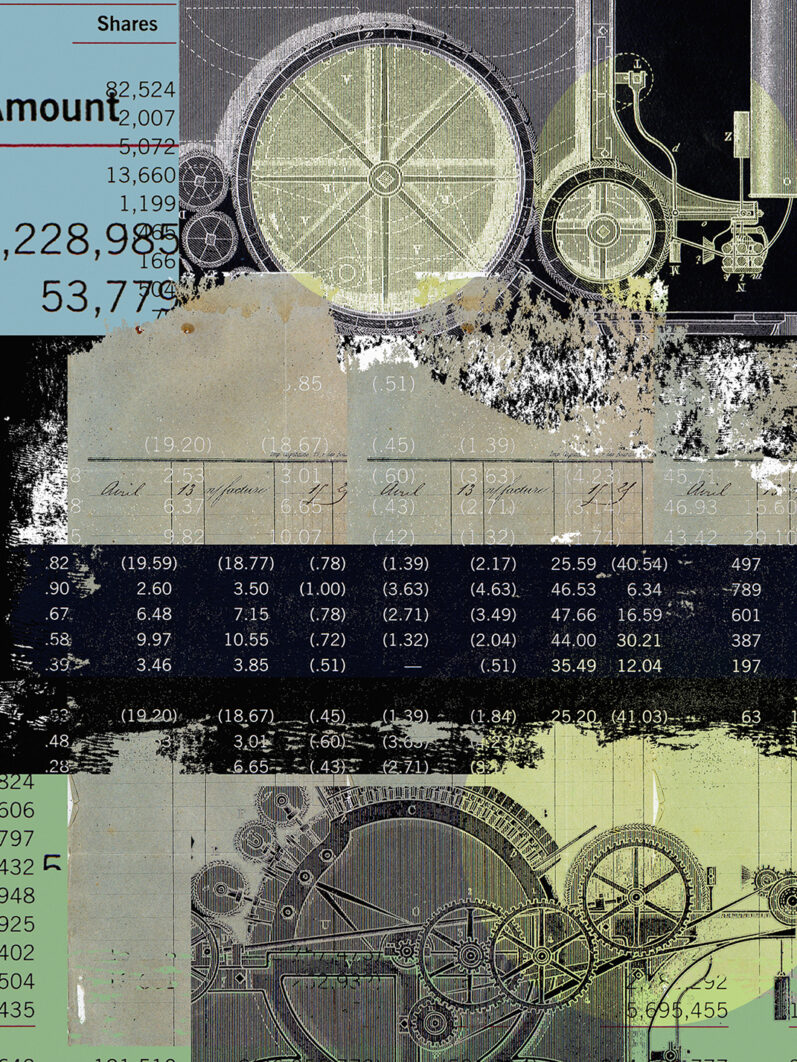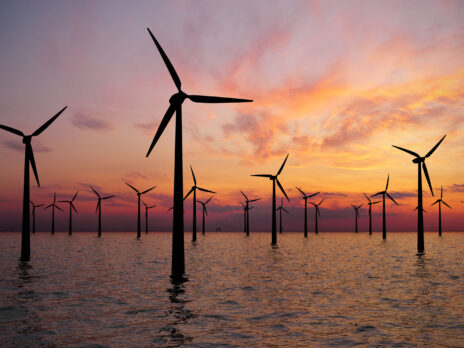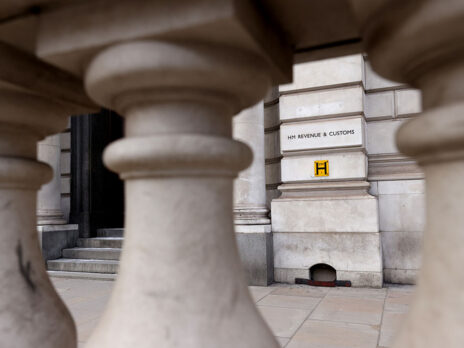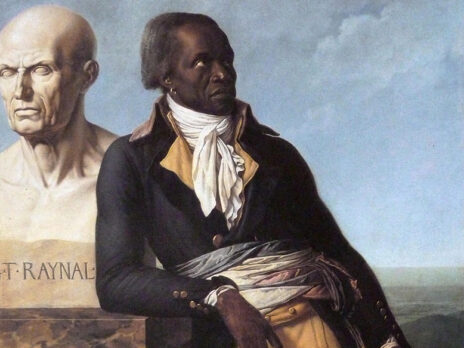During the 2008 financial crash Western policymakers learned to adapt to what then might have seemed like prodigious challenges. The remedies they devised are now exhausted. What comes next will require a near-total reinvention of policy for a much more dangerous world.
On 9 August 2007, which the former boss of the bank Northern Rock described as “the day the world changed”, the international financial system broke down. The problem was that banks found themselves unable to borrow in short-term funding markets. Initially powerless to unfreeze these markets, the US Federal Reserve was forced to adopt a new set of policies. It began by offering dollar swaps to foreign central banks later that year. Then, in 2008, it launched the first of its quantitative easing (QE) programmes. Originally aimed at the American mortgage sector, QE soon became the second means by which the Fed managed global financial markets. Since then, at moments of serious economic volatility, most dramatically during the Covid-19 pandemic, the Fed has reached for the same playbook.
This post 2007-2008 monetary regime also inadvertently addressed the oil crisis that had destabilised the world economy since the mid-2000s. By 2005 global oil production was stagnant at a time when Asian demand was rising. The result was a massive surge in oil prices through 2007 and the first half of 2008. This pushed Western economies into recession, causing prices to crash through the second half of 2008. Freed from any concerns over inflation, the Fed drove interest rates down to zero. This created an environment of extraordinarily cheap credit for high-cost oil producers. Searching for returns anywhere they could find them, investors poured money into energy companies. The American shale sector boomed. The injection of a new supply of oil allowed the world economy to grow even as Asian demand kept increasing through the 2010s and total production in the Middle East, Russia and elsewhere remained largely static.
The political and geopolitical consequences of the new monetary remedies were significant. By inflating asset prices, QE turbo-charged wealth inequality. Those countries that didn’t have access to the Fed’s dollar swaps were acutely vulnerable. Ukraine’s exposure in 2013 triggered the sequence of events that led from President Viktor Yanukovych’s request for Russian financial support to his removal from power to Vladimir Putin’s annexation of Crimea in March 2014. By 2015 the glut of oil supply was destabilising the most vulnerable net oil exporting countries, notably Venezuela and Iraq. Meanwhile the shale gas boom created fierce competition in Europe’s gas markets between Russia’s Gazprom and American liquid natural gas (LNG) exporters. This divided the EU between those, like Poland, which began to import from across the Atlantic and those, like Germany, which remained wedded to Russian gas at a time when Russia had seized part of Ukraine.
The re-emergence of the US as the world’s largest oil and gas producer also incited counteraction. Russia constructed a gas pipeline to China and built up its own LNG export capacity. Moscow also reached a rapprochement with Saudi Arabia, and Russia’s entry into the world’s oil-producers cartel in September 2016 turned Opec into Opec Plus.
For all the turmoil after 2008, the monetary realm – dollar swaps plus QE – absorbed the economic shocks for most of the 2010s. The international financial system and oil markets were largely parallel worlds: profoundly connected in the deep plumbing of the global economy but separate on the surface. For the last few years, however, they have been colliding. As a result, the Fed has been pulled in two opposing directions, between responding to oil-generated inflation on the one hand, and needing to calm financial markets on the other.
[See also: Joe Biden crushes Xi Jinping’s precious semiconductor ambitions]
This problem was first evident in 2019. At that time oil production declined without a concurrent fall in demand. Even if the US shale sector continued to grow it couldn’t compensate for the underlying weak supply from the world’s other producers. Under these conditions, energy-driven inflation was a significant risk. Already, in 2018, the Fed had raised interest rates four times to restrain inflation, and promised further increases for the following year. But even this moderate monetary tightening proved hazardous for the financial markets. Spooked, the Fed cut rates three times in the second half of 2019. That September it also introduced another QE programme.
The pandemic provided a temporary respite. The early days of the pandemic emphatically demonstrated that only QE and dollar swaps could stabilise the financial markets. With everyone in lockdown, and demand crashing, the supply of oil was not then a concern. But the world economic recovery immediately reintroduced the problem of oil. By mid-2021 a number of Opec Plus producers, including Iraq and Kuwait, were struggling to meet their quotas, pushing prices up. In August 2021 Joe Biden’s administration asked Opec Plus to increase production, but Saudi Arabia was not inclined to assist a president who had shown no interest in positive relations with Riyadh. To compound the mounting inflationary pressures, gas prices rose sharply in Europe and Asia, an upshot of Putin’s pre-war move to restrict gas supply to Europe and a sharp increase in China’s gas demand.
In the summer of 2021, confronted with energy-driven inflation, some non-G7 central banks, including Brazil’s, began to increase interest rates. By contrast, the Fed resisted any move until March this year. Whether or not this reflected reasonable judgement that the inflationary pressures were transitory, the Fed is simply constrained by the fact that monetary tightening is not compatible with financial stability. In the highly-leveraged international financial system, financial actors need permanently liquid bond markets to support their borrowing. As was acutely demonstrated when British pension funds found themselves on the precipice after the UK’s mini-Budget on 23 September, any absence of liquidity risks disaster. While the Tory government’s fiscal plans might have been considered reckless at any time, Kwasi Kwarteng promised a new borrowing spree when it had been evident for months that there was low liquidity in bond markets. Under these conditions, there is, quite simply, a limit beyond which central banks will not be able to raise interest rates without precipitating a systemic collapse – that limit is in sight.
By cutting rates or returning to QE, central banks will jeopardise their credibility as guardians of price stability. None of the recessionary fears for Western economies, weak demand in China or US sales from its Strategic Petroleum Reserve have killed energy inflation. Even before the formal cuts in production that Opec Plus announced on 5 October (due to take effect from November), the inability of several Opec members to produce to quota was keeping oil prices at a higher level than is acceptable to the Fed. Leaving aside diplomatic support for Moscow, Saudi Arabia is clearly unwilling to allow oil prices to crash to the levels recorded in the second half of 2008 and early 2009 during the last pre-pandemic recession. The Saudis now have a strong interest in maintaining a floor for prices at a higher level than what is compatible with the Fed’s newfound determination to suppress inflation. Unlike after 2008, monetary policy cannot act as a shock-absorber for energy problems by financially incentivising more supply while the consequent energy inflation prevents monetary policy acting as a shock-absorber for the financial markets by incentivising interest rate hikes.
Even without Putin’s war against Ukraine the underlying predicament – the collision between finance and oil – would exist. But Russia’s territorial conquest has become an extraordinary secondary energy shock: in the middle of a pre-existing energy crisis the entire energy superstructure – who sells what fossil-fuel energy in what form to who and by what transit – is in turmoil. The competition for gas leaves Asian countries that can no longer access the LNG market, such as Pakistan and Bangladesh, without supply; meanwhile the European countries that have paid exorbitant prices for LNG labour under burgeoning trade deficits. Each outcome presents a currency risk at a time when almost all countries’ currencies are weakening against the dollar and when depreciation against the dollar only increases the costs of oil and gas imports.
War always lets loose multiple contingencies, and Russia’s war is no exception. But this war pursued by the state that has hitherto been the world’s most important energy exporter is also pressing hard on pre-existing fault lines. In the energy war, Opec Plus’s plan to cut oil production has been to Russia’s advantage, just when Ukraine has been making military progress. It is hard to find a historical precedent. Where wars have been fought as both battlefield and energy wars, as in the Second World War, energy and military power have worked in tandem. In the Ukrainian theatre they are not doing so. Meanwhile, the international financial system’s vulnerabilities can only be defended by actions that will intensify the inflationary problems caused by the energy war. Since the risks in bond markets are so acute, monetary policy in Western countries will soon be directed at financial stability not oil prices. It will be left to governments to confront energy inflation and energy scarcity in ways for which the last decade and a half has left politicians unprepared.
[See also: Opec is in a battle with Green Britain]






